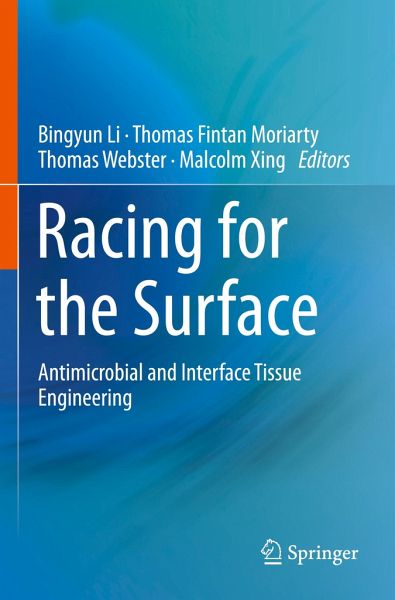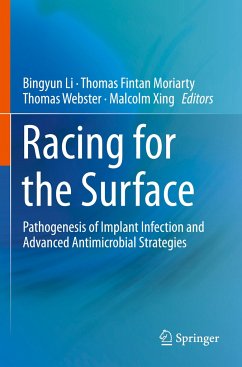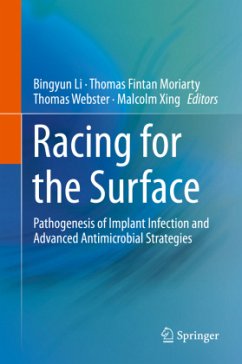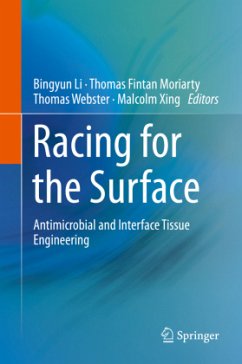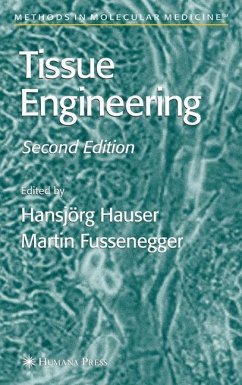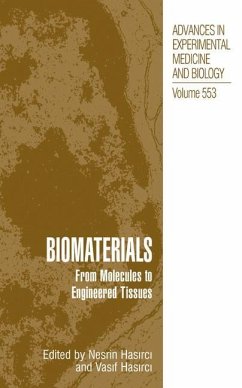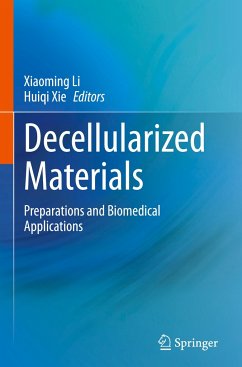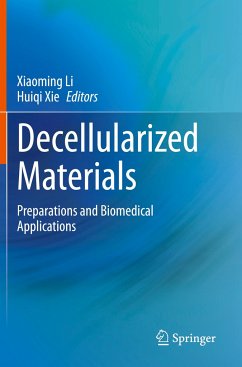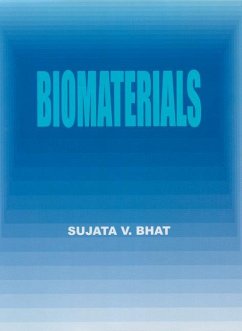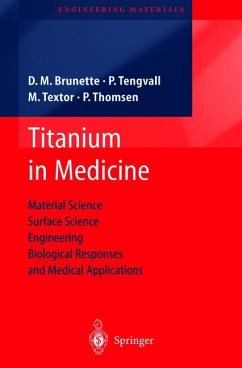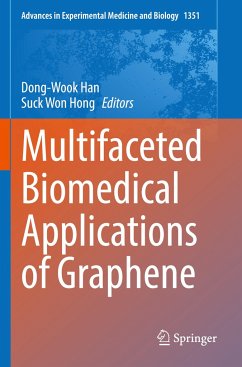Bingyun Li is a full Professor with tenure at School of Medicine, West Virginia University. He is a Fellow of the American Institute for Medical and Biological Engineering and an Associate Editor of the Frontiers in Microbiology journal. Professor Li is a member of the Society for Biomaterials (SFB), Orthopedic Research Society (ORS), American Society for Microbiology (ASM), Materials Research Society (MRS), American Chemical Society (ACS), International Chinese Musculoskeletal Research Society (ICMRS), and Chinese Association for Biomaterials (CAB). Professor Li has served as topic chair of Infection and Inflammation of the ORS Program Committee, vice-chair and chair of Orthopedic Biomaterials Special Interest Group of SFB, Chief Editor of ICMRS Newsletter, and inaugural treasurer of CAB. Professor Li's research focuses on advanced materials, nanomedicine, infection, immunology, and drug delivery. He has published two edited books, 102 articles, 133 abstracts, and 14 provisional/full patents. Professor Li has given 56 invited and keynote talks and has received multiple prestigious awards including the Berton Rahn Prize from AO Foundation, the Pfizer Best Scientific Paper Award from Asia Pacific Orthopedic Association, and the Collaborative Exchange Award from Orthopedic Research Society. T Fintan Moriarty is group leader of the Musculoskeletal Infection laboratory at the AO Research Institute Davos in Davos Switzerland. The AO Foundation is a medically guided, not-for-profit organization led by an international group of surgeons specialized in the treatment of trauma and disorders of the musculoskeletal system. He is a guest lecturer at the ETH Zurich and Bern University of Applied Sciences lecturing on biomaterial associated infection and musculoskeletal infection. He is scientific editor for the European cells and material (eCM) journal, a highly ranked journal within the biomaterials and orthopedic fields, and organizer of the eCM conference on orthopedic infection. His research focuses on device-related biofilm infections, with a specific focus on fracture related infection. He has previously published a book on biomaterial associated infection and over 70 peer reviewed articles. Thomas Webster is the Chemical Engineering Department Char and Art Zafiropoulo Endowed Chair at Northeastern University. Prof. Webster has graduated 144 students. His lab group published 9 textbooks, 48 book chapters, 403 articles, and 32 provisional/full patents. Prof. Webster has received numerous honors: 2012, Fellow, American Institute for Medical and Biological Engineering; 2013, Fellow, Biomedical Engineering Society; 2015, Wenzhou 580 Award; 2015, Zheijang 1000 Talent Program; 2016, IMRC Chinese Academy of Science Lee-Hsun Lecture Award; 2016, Fellow, Biomaterials Science and Engineering; and 2016, Acta Biomaterialia Silver Award. He also frequently appears on the BBC, NBC, ABC, Fox, National Geographic, Discovery Channel and many other news outlets talking about science. Malcolm Xing is a professor of University of Manitoba. His research focuses on smart biomaterials for tissue engineering, nanomedicine, wearable biosensor, implantable bio-robot and 3D/4D bioprinting. He has obtained awards such as National Science & Engineering Research Council Discovery Accelerator Supplement Award, Canada Foundation for Innovation - Innovation Fund, CBA-BA Young Investigator Award in ACS 2017 and Dr. J.A. Moorhouse Fellowship of the Diabetes Foundation of Manitoba. Dr. Xing was the invited speaker of 2019 Society for Biomaterials Annual Conference and Keynote speaker of 2019 Canada Biomaterials Society (CBS) Conference, and the conference chair of CBS2017. His research has been covered in media including Time, Fortune, Discovery, Science, ACS headline news, RSC, CTV, CBC, etc.
